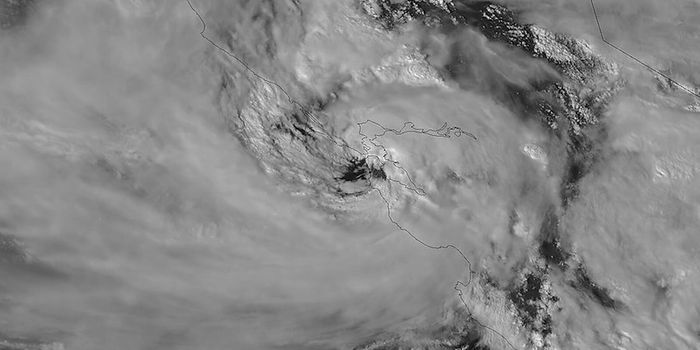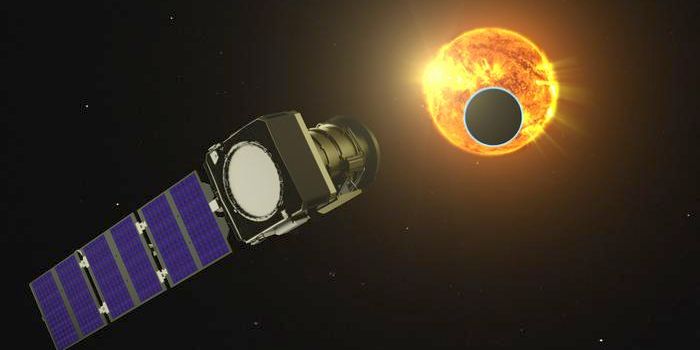Predicting drought is becoming more difficult
April 1st isn’t only the day for fools. For water managers in the western US, it is a day for predicting the available water supplies in their region for that year. But all that may change, warns a new study published in Nature Climate Change. Why, you ask? Because the prediction tool – snowpack – will be gone.
The study comes from scientists at CU Boulder who say that more than two-thirds of western U.S. states that depend on snowmelt as a water source will see a significant reduction in their ability to predict seasonal drought using snowpack by mid-century. And from there it’ll only get worse – by 2100, over 80% of regions will be affected.
While there are other tools besides snowpack that water managers can use to predict the possibility of drought in the coming year, none is as accurate as snowpack.
"Although these other measurements increase a forecast's accuracy, the loss of snow is something that we're not going to be able to compensate for easily," said Ben Livneh, author of the paper and a Fellow in the Cooperative Institute for Research In Environmental Sciences (CIRES).
The researchers predict that the regions of northern California and the Washington Cascade Mountains will be impacted the most because they will also be hit with less precipitation and warmer temperatures. The Colorado and Northern Rocky Mountains, among other high-altitude regions, will hold onto their snowpack longer, but they too will be impacted by the turn of the century, reports the study.
"This is one way in which the connection to climate change is very clear, and the changing snow landscape has a major impact. Our drinking water, our water supply, for example, is something we take for granted," said Livneh. "That's something people should think about: Is that always going to be the case?"
Snowpack accounts for up to 75% of freshwater in the Western US and its reduction will weigh heavily on every aspect of life, from agriculture and drinking water supplies, to hydropower and flood control.
"If you don't accurately predict a year without drought, there's less impact," said Livneh, an assistant professor of Civil, Environmental and Architectural Engineering. "But there is so much to lose in a drought year by not being prepared for it."
The researchers hope their findings will inform water managers in the Western US and plan to work closely with those in Colorado and the Pacific Northwest to prepare as best as possible.
Sources: Nature Climate Change, Science Daily









